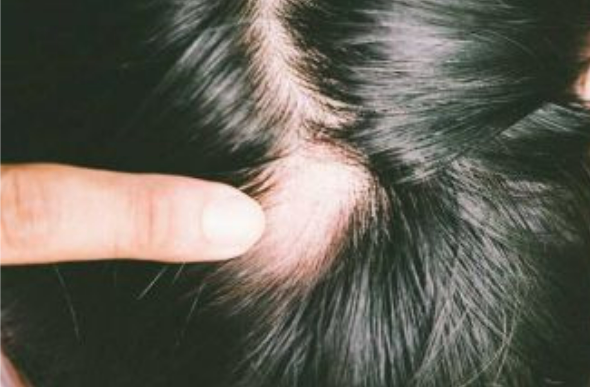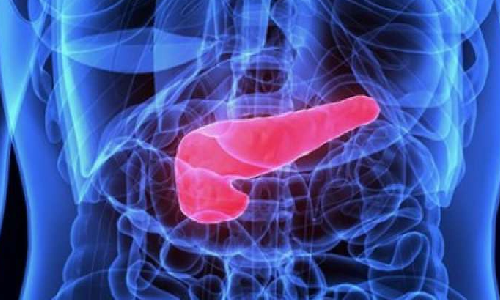Alopecia Areata is a condition where hair falls out in small patches, leaving bald spots on the scalp. In Ayurveda, this condition is called ‘Indralupta’ and is said to result from the imbalance in our Doshas. Ayurveda approaches this by addressing the root causes rather than just symptoms, aiming for lasting results. What is Alopecia Areata? Alopecia Areata is an autoimmune disease that causes hair loss on the scalp and, in some cases, other areas of the body. This is different from regular hair fall as you lose your hair in patches. The Causes According to Ayurveda, diseases are usually the result of an imbalance in Doshas. Here are some underlying causes of Alopecia Areata: Pitta accumulation affecting hair follicles Obstruction of hair roots due to Kapha & Rakta (blood tissue) imbalance restricting growth of hair Over consumption of inflammatory foods, salty foods, and alkaline foods (e.g., apple cider vinegar); consequently, this can lead to various health issues. Stress Long unaddressed impaired digestion Krimi (parasites) Ayurvedic Treatment for Alopecia Areata Alopecia is an autoimmune disease that falls under ‘Kshudra Roga’ in Ayurveda. Kshudra Roga are diseases that not only affect the patient physically, but also lower their self esteem and affect their mental health. Therefore, while treating the condition, we give the treatment not only on a physical level, but also on an emotional and spiritual level. Diagnosing and correcting the root causes Ayurveda emphasises diagnosing and addressing the root cause of the issue rather than just treating symptoms. This is done through dietary and lifestyle corrections, therapies and herbal medicines (if required). Personalised diet Ayurveda considers poor gut health as the root cause of all diseases. So, the first step of treatment starts with recommending an Ayurvedic diet plan that aligns with the Prakriti or body type, Dosha imbalances and health conditions of the patient. Daily routine (Dinacharya) Following a daily routine brings consistency and discipline into your life. Also, this consistency in meal times and exercise will have a positive impact on your life. Herbal medicines Mild herbal medicines are also administered to the patient. Ayurvedic cleansing therapies Cleansing therapies like Panchakarma help remove toxins or Ama from the body – the accumulation of which can clog the channels and restrict hair growth. These therapies not only help cleanse the body, but also the mind. Haircare Routines The doctor recommends specific routines to the patient based on the vitiation of Dosha and Dhatu (tissues). Nasya: Administration of medicated oil into the nasal passage. Shiropichu: This is a process in which medicated cotton pads dipped in oil are applied to the scalp to strengthen the hair follicles and restore balance. Haircare products: Using hair oil, hair scrub and anti hairfall shampoo twice a week can also help. Duration of Recovery On average, Ayurvedic treatment to regain lost hair takes anywhere between 4 to 6 months. Moreover, there is a 95% no recurrence. Alopecia Areata can be challenging, but Ayurveda offers treatment for the condition using natural ways and barely any side effects. If you are struggling with any health issues, you can either book a consultation with us or send us a message via WhatsApp to +91 79074 89839. We have the best Ayurvedic doctors in Trivandrum who are always glad to help you. If you have any queries, contact us. You can also visit us at our hospital.
Alopecia Areata – Causes and Treatment

